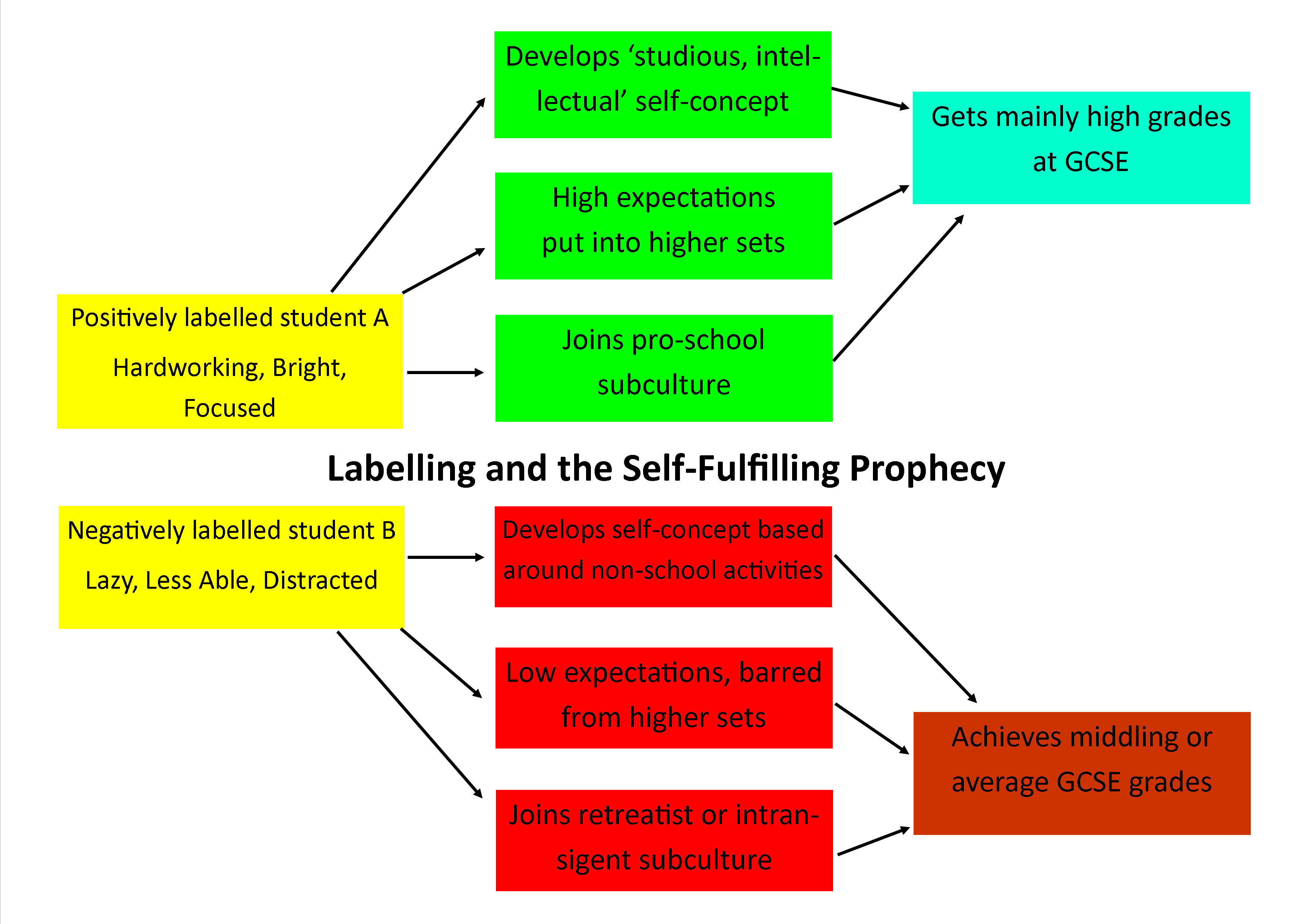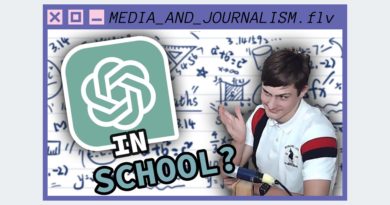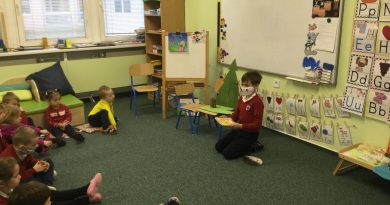Self-Fulfilling Prophecies
Expectations from teachers are “inferences”, based on a combination of a student’s current performance level, their previous grades, and their exposures to prejudices and social stereotyping from the outside world (Reyra, 2000; 2008). This is part of a teacher’s job in order to judge future student performance levels (Good, 1987).

With that, teachers setting different expectations for their pupils can influence how they interact and behave during their lessons. Often labelled the “Pygmalion effect” or “Self-fulfilling prophecy” (SFP), teachers can make a false expectation for a student causing that student to change their behaviours. By pupils altering their predicted academic performances, this causes the false expectation to come true (Merton, 1957). Teachers, then, without realising can cause pupils to have lower marks than what they are capable of. This is because teachers own experiences and opinions can affect their perceptions of children in their care, implicitly intertwining with their knowledge of their pupils’ previous grades and current behavioural traits. Teachers might have less patience of a student they have negatively labelled or even expect less work from them.

At the same time, expectations appear to be unavoidable in schools. Due to the media, the ways teachers interact with their colleges and the pace at which they are expected to make decisions, teachers cannot escape from outside forces impacting their thoughts and feelings.
However, the literature does point out that schools can improve outcomes of pupils by creating positive self-fulfilling prophecies as teachers can encourage children to be more motivated to achieve their goals, but this is only in specific circumstances. Therefore, for children to succeed in school, the most significant impact is if adults believe in, support and show them they are capable of achieving their potential all of the time.
N.B. This is only a short snippet into a vast field of social psychology. If you are interested in more, please feel free to research yourself or contact me for some useful papers.
References
Good, T. L. (1987). Two Decades of Research on Teacher Expectations: Findings. Teacher Education, 32–47. https://doi.org/10.1177/002248718703800406
Merton, Robert. 1957. Social Theory and Social Structure. New York: Free Press.
Reyna, C. (2000). Lazy, Dumb, or Industrious When Stereotypes Convey Attribution Information in the Classroom. Educational Psychology Review, 12, 85-110.
Reyna, C. (2008). Ian is Intelligent but Leshaun is Lazy: Antecedents and Consequences of Attributional Stereotypes in the Classroom Stable, European Journal of Psychology of Education, 23(4), 439–458.




